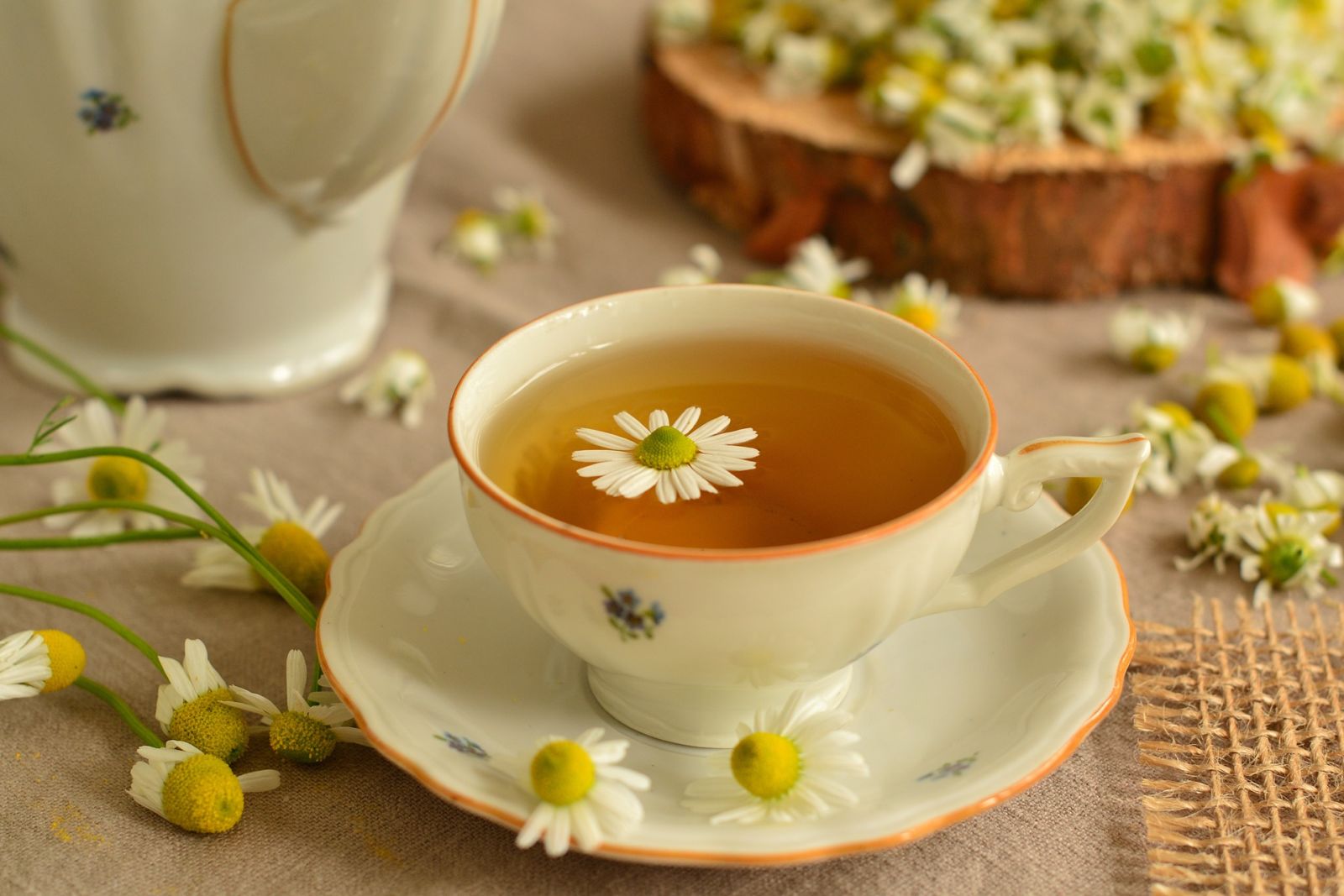Sleep yourself slim! Napping makes you fit. Tip of the week 23

Sleep yourself slim with good sleep hygiene. We now know That a good night's sleep is important for us. It regulates hormone levels, allows our bodies to rest and recover from stress and fatigue during the day.
Especially if you also exercise, a good night's sleep is essential! Sleep ensures that we regain both mental and physical energy for the next day. But what to do if, on the contrary, you have problems falling asleep?
With how many hours of sleep do you slim yourself down?
Let's start by looking at roughly how many hours of sleep you need. Of course, it varies a bit from person to person but these are good averages.
- 6-8 years : 11 hours of sleep
- 8-12 years: 10 hours of sleep
- 13-24 years: 9 hours of sleep
- 25-45 years: 8 hours of sleep
- + 45 years: 6 to 7 hours of sleep
If you are alert during the day, do not have periods of sleepiness or feel like your eyes are 'closing', you can assume you are getting enough sleep.
If this is not the case and there is a clear 'dip' in the afternoon, try going to bed an hour earlier in the evening.
Sleep yourself slim: tips for a good night's sleep
If you have problems falling asleep, the tips below might help you fall asleep earlier and in a more relaxed way.
- During the day or in the early evening if at all possible (preferably not right before bedtime!), make sure you get enough exercise so that your body uses more energy and you consume energy both mentally and physically in a healthy way.
- Try not to go to sleep during the day. Not even a quick 'nap'.
- Don't take anything else to eat two hours before bedtime and certainly no carbohydrates!
- Try relaxing yourself an hour before going to bed, for instance by showering, taking a bath, reading, watching a quiet TV programme or listening to a relaxing radio programme. If you exert yourself (e.g. working, studying, gaming, or computing) until bedtime, your brain first needs time to switch over and you will feel restless when you are in bed.
- Make sure you have no fears, worries, or tensions when you go to sleep. Fretting and grumbling (e.g. about raising children, neighbourhood quarrels, conflicts at work, excessive workload, financial problems, relationship problems, etc.) hinders a good night's sleep.
- If you still cannot help but fret, allow yourself 10 minutes to think about certain things and then really try to let it go for today. Tomorrow is another day. If you keep mulling now, it won't solve anything for a while, but you'll be extra tired tomorrow.
- Drink some chamomile tea before bed.
- Drink a cup of warm aniseed milk. Aniseed aids digestion and makes you sleepy. A cup of plain warm milk will do as well. Milk contains tryptophan which promotes the production of serotonin in the brain. Serotonin not only creates a good mood but also stimulates the production of the sleep hormone melatonin.
- Do not drink coffee, black tea, caffeinated cola or sugary drinks in the evening. These will only give you more energy, resulting in restlessness in bed, tossing and turning for hours. Note: even if you drink a lot of these drinks during the day, you can suffer from this at night.
- Don't drink alcohol. Some people think that a glass (or two...) of alcoholic drinks will make you sleep better but the opposite is true! Alcohol disrupts brain chemistry and causes blood sugar levels to fluctuate, making you restless inside and actually unable to sleep well.
- Turn off the heating in the bedroom and keep a window open. Fresh air and good ventilation promotes a good and healthy night's sleep.
- Make sure you have comfortable, non-short-fitting nightwear.
- See how many hours of sleep you need and try to actually sleep those hours.
- Bring regularity and structure to your sleeping pattern. If you go to bed at roughly the same time every evening, your body will get used to this and adjust. You will not only notice that you will fall asleep better at night if you maintain this regularity, but you will also get up more easily in the morning. This way, you really will sleep yourself slim!
Still having trouble falling asleep? Maybe ASMR is for you.
A very interesting book on the brain's response to soft, tapping, crackling sounds and how to fall asleep in a very relaxed way while doing so can be found >HERE
This week you may also weigh yourself! Click >HERE for handy weighing and measuring tips.
The above text previously appeared in the Balance book. The book is now sold out, but may still be available to order second-hand via the link below.
Slimming blog >HOME

